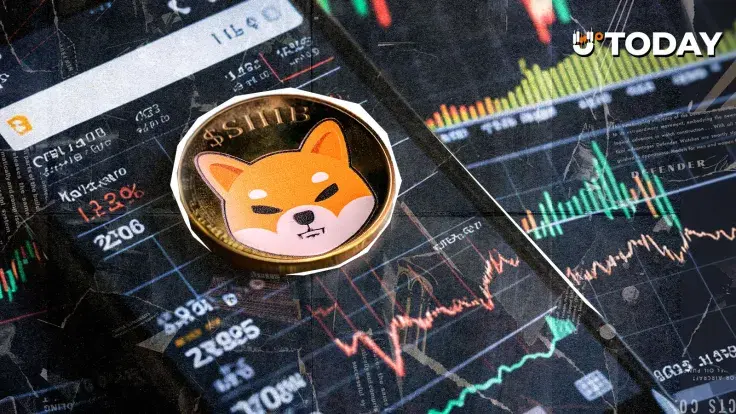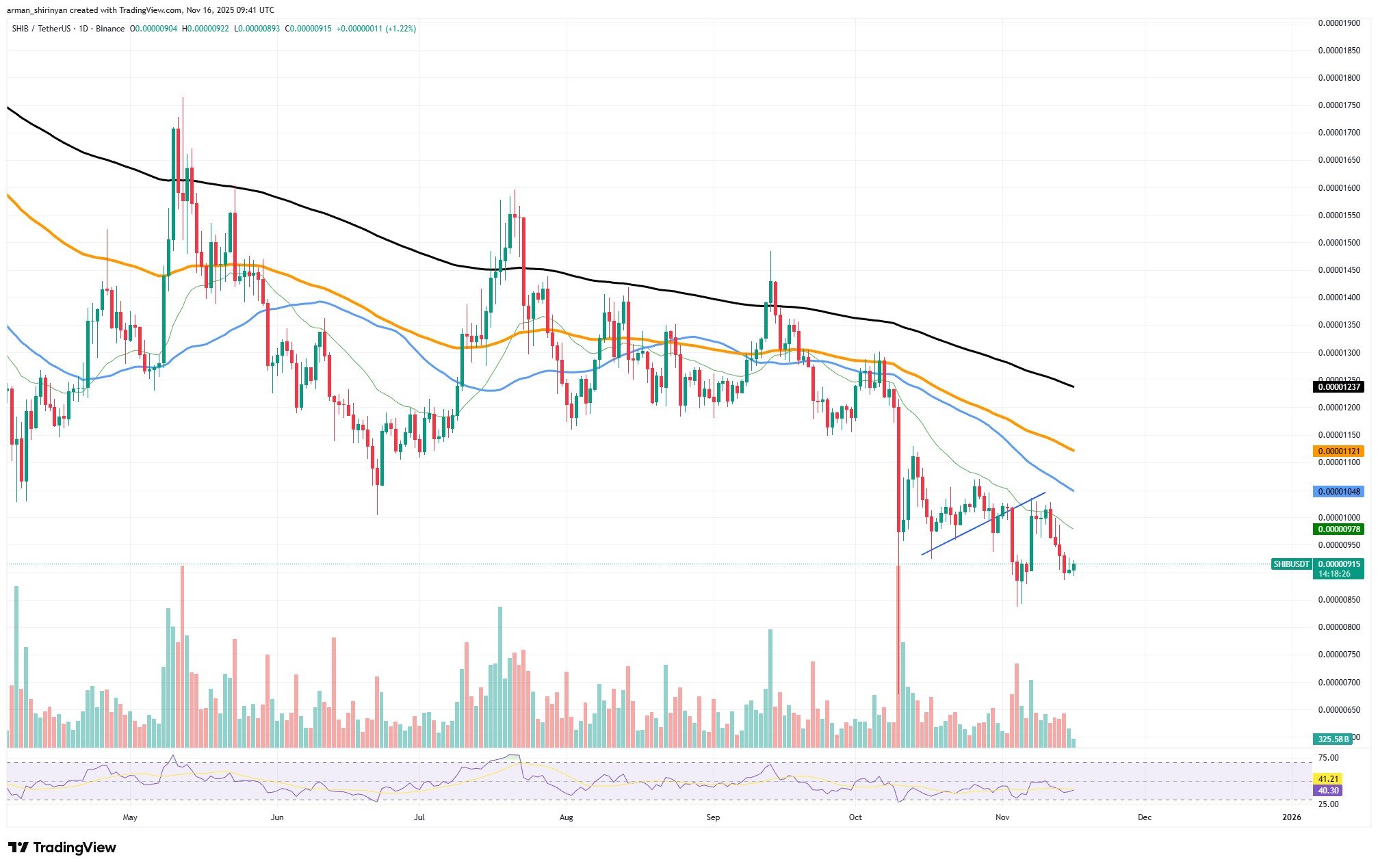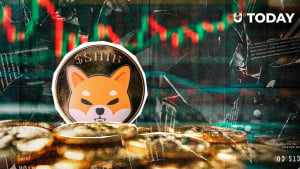
Disclaimer: The opinions expressed by our writers are their own and do not represent the views of U.Today. The financial and market information provided on U.Today is intended for informational purposes only. U.Today is not liable for any financial losses incurred while trading cryptocurrencies. Conduct your own research by contacting financial experts before making any investment decisions. We believe that all content is accurate as of the date of publication, but certain offers mentioned may no longer be available.
With 207 billion SHIB departing exchanges in a 24-hour period, Shiba Inu recently reported yet another significant exchange outflow event. It is one of the biggest withdrawals in a single day in months, so it is not a tiny accumulation wave.
Additionally, this type of signal is important in a market where sentiment has been unstable. According to CryptoQuant data, there was a net outflow of 121 billion SHIB in Nov. 15 by itself, and then the same pattern continued until Nov. 16.
Withdrawals are not enough?
This consistent flow of withdrawals is a reliable sign of long-term strategy. Spot selling pressure dries up, and the likelihood of a deep breakdown sharply declines when exchanges lose supply at this rate.

The chart is brutally honest about the fact that SHIB is still pinned under strong technical resistance, so why isn't the price blowing up yet? Shiba Inu is still far below all of the major moving averages. As dynamic resistance, all three are convergent and sloping downward.
Shiba Inu's lack of momentum
The price is currently trading between $0.0000090 and $0.0000093, which is a local support zone that has held several times without breaking the market structure to the upside. Weak momentum but no surrender is indicated by the RSI at about 39. The fact that the volume is steady rather than collapsing suggests that holders are waiting rather than hurrying out.
People are removing tokens from exchanges because they are prepared to endure volatility rather than panic-sell, which is in line with the outflow data. In other words, rather than entering a liquidation phase, SHIB has entered an accumulation phase.
The price must recover at least $0.0000105, the first resistance cluster where moving averages start to stack overhead, in order to make a strong move higher. The next significant breakpoint after that is $0.0000112.
As of yet, this breakout is not bullish. However, there is more going on beneath the surface: supply is vanishing from exchanges at a rate that typically precedes significant changes in trends. Even though the chart does not yet reflect it, SHIB may be laying the groundwork for a recovery leg if the outflow trend persists and the price maintains this support band.


 Dan Burgin
Dan Burgin Vladislav Sopov
Vladislav Sopov